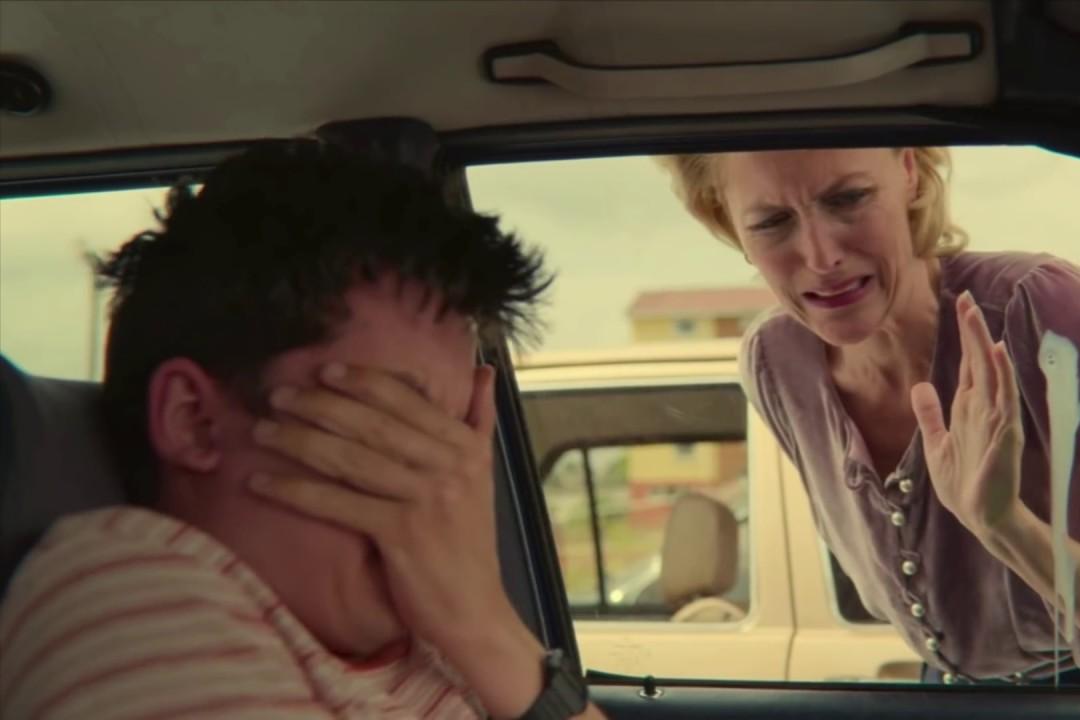
When Carla Bruni and Carré Otis last saw each other, it was 1995 and they were two of the most famous models in the world
Now they have reunited, along with other French models, to expose the dark side of an industry at the centre of rape inquiries
thetimes.co.uk/article/models…
Now they have reunited, along with other French models, to expose the dark side of an industry at the centre of rape inquiries
thetimes.co.uk/article/models…
On Tuesday, Carré Otis was interviewed for almost five hours by a detective in Paris
She alleges that she was repeatedly raped from the age of 17 by Gérald Marie, now 71, the former European boss of the leading agency Elite
He strenuously denies the allegations
She alleges that she was repeatedly raped from the age of 17 by Gérald Marie, now 71, the former European boss of the leading agency Elite
He strenuously denies the allegations
Otis is one of 15 women, almost all former models, who have come forward as part of a criminal investigation opened into Marie in France. Seven, including an ex-BBC journalist, have so far travelled to Paris to speak to the lead detective 

All are making allegations of rape, sexual abuse or sexual misconduct, yet the claims, which date back to the 80s and 90s, fall outside the country’s statute of limitations
Under French law, a childhood rape victim has 30 years to come forward, reduced to 20 years for over-18s
Under French law, a childhood rape victim has 30 years to come forward, reduced to 20 years for over-18s
“When you are able to speak out, it is transformative. You go from being a victim to someone who is in control. That’s why I’m supporting Carré,” Carla Bruni said.
Hearing repeated stories of sexual abuse, she now believes she “got lucky”. “It could have happened to me”
Hearing repeated stories of sexual abuse, she now believes she “got lucky”. “It could have happened to me”
The world of modelling “sounds like a dream” — but it can also be “a nightmare” Bruni says. “Things that appear so lovely, easy and glamorous and fun of course have a dark side. 

For Otis, the rapes she alleges she experienced at the hands of Marie, “made it very hard to be intimate with anyone in a meaningful way” for decades.
Read the full story: thetimes.co.uk/article/models…
Read the full story: thetimes.co.uk/article/models…
• • •
Missing some Tweet in this thread? You can try to
force a refresh







